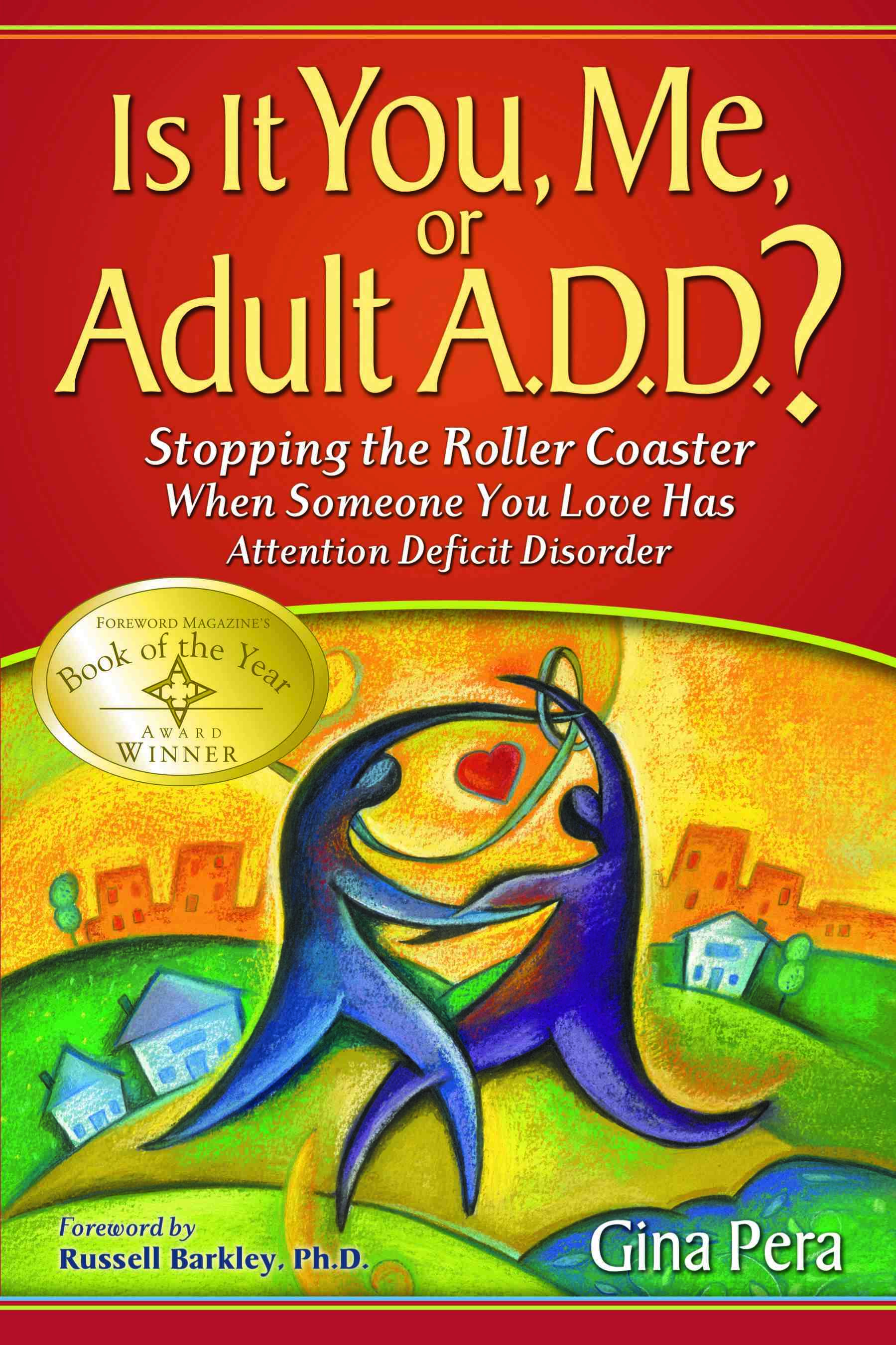
Gina Pera is the author of the award-winning book Is It You, Me, or Adult A.D.D.? She speaks internationally on adult ADHD and writes three blogs, including one devoted to relationships: "You and Me -- and Adult AD/HD."
What are some common issues couples experience when one partner has ADHD and the other does not?
First, I've never seen the issue as "ADHD vs. non-ADHD." Why? Because, in 12 years of close observation, I've observed that dual-ADHD couples experience largely the same range of challenges as "mixed" couples -- and often to a greater degree.
Logically speaking, we cannot separate "ADHD relationship issues" from "ADHD issues." Single adults with ADHD face challenges in many areas of life, from education and employment to managing money and driving an automobile. When these adults enter a relationship, they bring their ADHD-related challenges with them.
Moreover, committed relationships often mean sharing finances, time schedules, household responsibilities, and sometimes parenting -- all of which exacerbate ADHD "hot spots." So, you could say that relationships shine a spotlight on ADHD-related challenges and sometimes even turn up the heat on them. The other factors that influence these couples' issues: the type and degree of ADHD symptoms, the individual's ownership of them, and a partner's reactions to them (as well as the partner's own idiosyncracies or even diagnoses).
The common issues these couples face depend on whether or not the ADHD is diagnosed, symptoms are well-managed, and both partners make an effort to work on joint solutions. If ADHD has not yet been identified or isn't well-managed, both partners can feel misunderstood, disrespected, and disconnected in a variety of ways.
If ADHD has been identified and is well-managed -- with a team effort and mutual consideration -- it becomes simply another "difference" that couples must work out in their own way, along with every other possible difference between two individuals.
How should household chores be dealt with in an ADHD/non-ADHD couple?
With any couple, ADHD-affected or not, the key issue around household chores is equitable distribution. How that plays out for each couple depends upon clear-headed examination of the tasks at hand -- making lists and timelines, jointly deciding how to divvy up the tasks so that neither partner is doing all the "grunt" work or the "fun" work, and deciding how to be accountable to each other.
In general, I encourage couples to simplify as much as possible. Streamline furnishings and chores. Cut down on "decorative" clutter. Forget about perfection.
It often helps to develop an organizational system that supports household-chore completion with visual clues; as Dr. Russell Barkley advises, build in supports at the "point of performance." For example, in the early days of my husband's diagnosis, I discovered that his apparent "malingering" around loading the dishwasher actually reflected true bewilderment at knowing how to load items so as to not block water flow. Once I realized this, I simply took a photo of a properly loaded dishwasher and posted it on a nearby wall. He loved not only the solution but also the fact that I understood his dilemma.
What recommendations would you give to a partner/spouse that is feeling guilty about getting upset with their ADHD partner/spouse?
In my presentations, I share a quote: "A happy marriage is the union of two good forgivers." Having empathy and compassion for each other is vitally important in these relationships. I recall the early days, when my own husband was diagnosed with ADHD and just beginning treatment -- and finally we had an explanation -- we finally felt we could start stepping back from our own simmering hurts and better appreciate each other's. "Poor you," I would say. "I'm so sorry for the awful things I said." And my husband would say, "Poor you! The thoughtless things I did deserved your saying awful things." "Poor us!" we would say in unison. We hadn't known. Once we did know, we changed our reactions.
What are three things can couples with ADHD do now to improve their relationship?
1.Educate yourselves about all aspects of ADHD, and draw from solid source of information. Factual knowledge helps you to stop reacting emotionally and start acting rationally.
2.Take charge of your situation by, as I say in my lectures, "being detectives in your own lives." Identify the chief trouble spots in your life together -- whether it's inequitable chore sharing or lack of intimacy -- and start working as a team in brainstorming solutions.
3.Maximize ADHD treatment strategies, including medication, exercise, sleep, diet, and organizational support.
www.stephaniesarkis.com
Copyright 2012 Sarkis Media LLC
For more by Stephanie Sarkis, Ph.D., click here.
For more on ADHD, click here.